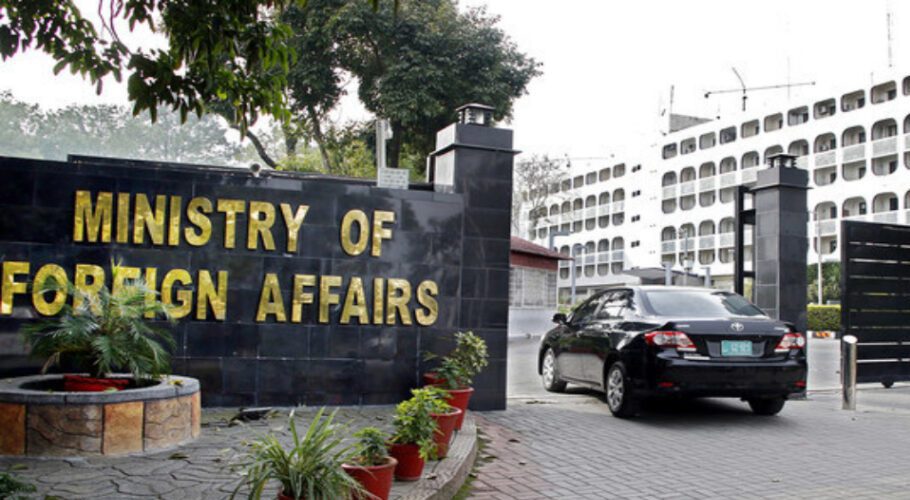Pakistan, with serious levels of hunger, ranks 99th in the World community. According to a report by Global Hunger Index, despite the country’s GHI score improving by 0.5 points since 2015, the prevalence of undernourishment in the population remains high at 22.4 percent.
The prevalence of stunting and wasting in children under five years of age is also a significant concern, with rates of 38.4 percent and 17.3 percent, respectively. These figures highlight the urgent need for targeted efforts to address malnutrition in Pakistan, particularly among children, and to improve food security across the country.
Also read: Pakistan’s shocking secret: $4 billion worth of food wasted yearly
The hunger report came only two days after Pakistan’s own Ministry of National Food Security & Research made shocking revelation that the country, known for its poverty and dependence on relief aid as per world headlines, wastes food worth $4 billion, which is equivalent to 26% of its food production, per year. The country wastes a staggering 19.6 million tonnes of food each year, despite efforts to ensure food security.
The report says that the situation in Pakistan, ranking 99th among 121 countries in the World Hunger Index 2022, indicates a continuous decline in purchasing power that has pushed people towards starvation.
The report, published by the global food agency, shows that the average Pakistani household is forced to spend only 50.8% of their monthly income on food, while 36.9% suffer from a lack of food security.
The report further highlights that 20.5% of the population in Pakistan is facing severe food shortages, while 18% of children under the age of five are malnourished. Shockingly, almost 40% of children at the age of five in Pakistan are malnourished, and 29% are underweight.
The report also states that children aged 6 to 23 months in Pakistan are deprived of nutritionally rich food, leading to their stunted growth and development. These alarming figures have highlighted the need for immediate action to address the food security crisis in Pakistan.
Experts believe the main cause of hunger in Pakistan is food insecurity, despite the country producing more cereal crops, wheat, and rice than the national requirement, poverty, inequality, conflict, climate change, gender discrimination, and weak government and health systems, all playing a role in driving hunger.































